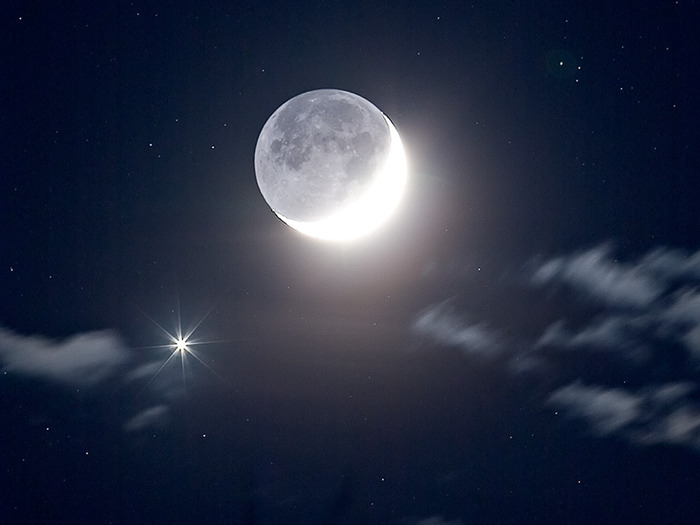Сонет. На стихотворение Ли Ханта "История Римини"
7 апреля 2016 -
Борис Большов

Рейтинг: 0
503 просмотра
Комментарии (0)
Нет комментариев. Ваш будет первым!

Нет комментариев. Ваш будет первым!
Литературный сайт Парнас предоставляет авторам возможность свободной публикации своих литературных произведений в сети Интернет.

